Awe & Storytelling
In the early morning hours before anyone else is awake in my house, I’ve been working my way through a mindfulness course. I light a candle, burn a little incense, and settle into my cozy chair in my sunroom to listen to relax into a guided meditation. One recent morning, as I was listening to the introduction, I let my attention settle on a Mourning Dove in the tree outside my window. The dove was tucked in along a horizontal branch of a towering conifer, taking shelter from the freezing cold. They were plumped up but at the same time compact due to the frigid air. As I closed my eyes for the meditation, I thought of myself like that calm, still, and resilient dove.
When I opened my eyes after the meditation was complete, I was sad to see that the dove was no longer there. A slow scan of my yard revealed a dove sitting alert and actively feeding on the tray feeder. I paused in that blissful post-meditation state and watched the dove in fascination, in awe. Not because they were feeding, but because they were breathing! With each exhale, I could see the dove’s breath condense in the air and swirl away from their head. It brought me back to my breath and gave me a few more minutes of silent contemplation.
Here’s the thing…I was primed for this observation, not only because of the meditation but because of the practice of storytelling. Earlier in the week, a woman had shared a lovely story online about a moment at her indoor sit spot. She talked of her delight in the depth of what she was able to notice about the Mourning Doves outside her window and how her heart was captured by the doves’ beauty. Her story ignited in me a desire to watch as well, to notice the Mourning Doves in my yard with fresh eyes. I don’t know if I would acknowledged the silhouetted dove in the tree had I not read the woman’s story.
One of the aspects of awe that we’re beginning to understand better, is that awe elicits connection. When we share awe-some moments, we are in a way promoting curiosity. Dacher Keltner, a professor of psychology at UC Berkeley and author of the new book Awe: The New Science of Everyday Wonder and How It Can Transform Your Life, believes that awe causes us to seek out social connections to share an experience. In turn, social connections not only draw us out of ourselves but they’re good for our health lowering stress and inflammation. Further, looking at Keltner’s research, we can see that experiencing awe leads to enhanced prosocial behaviors like sharing, comforting, volunteering, and cooperating.
We can have moments of awe alone that will benefit us as individuals and yet when we share our stories of awe we pass on all of the benefits to others. What’s that saying, “happiness shared is doubled”? Think of those slow birding moments of wonder and awe as having the same power, and take the time to pause in awe of the common and the familiar. Be awestruck by a Mourning Dove today.
“I was struck by the fact that I hadn’t been awed in a while.
Did that mean awesome things had disappeared from my life? No.
What it did mean was that I’d gotten too caught up in distractions and mind mucking to recognize anything as awe-inspiring. . . I hadn’t been paying attention to the beauty around me.”
This month I invite you to check out the new online membership Slow Birding Community that launches today! Take a look here. It’s a great place to share moments of awe and wonder with others!

